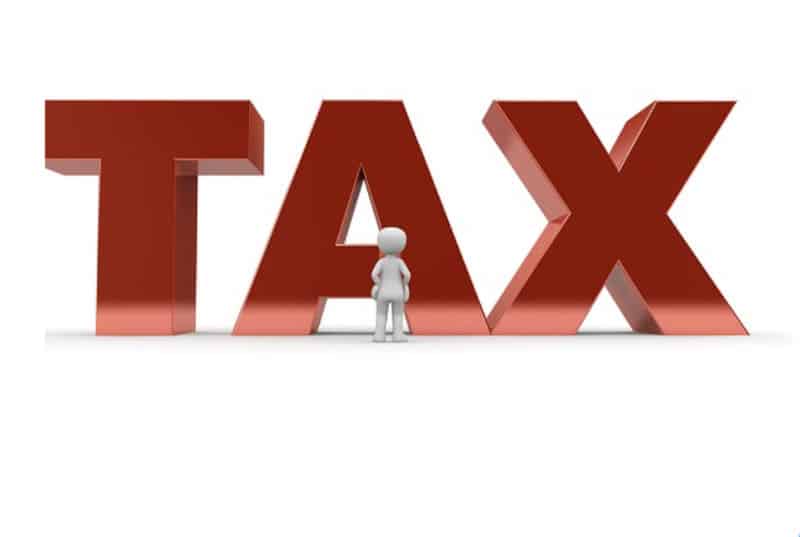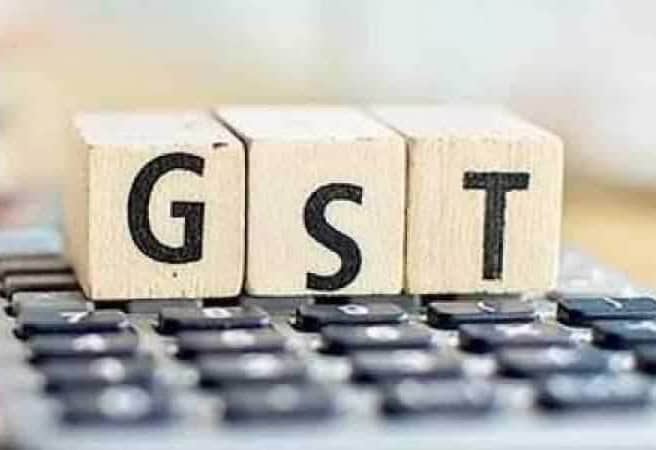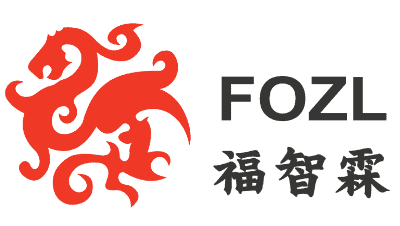
Foreign-Sourced Income
2019-09-13
GST Computation
2019-10-03

Who Needs To Pay GST
When doing business in Singapore, it is important for companies to understand the Singapore Goods and Services Tax (GST). GST is also known as the value-added tax (VAT) in other countries, and is levied on the supply of goods and services in Singapore and the import of goods into Singapore. Businesses are required to submit quarterly GST returns to the Inland Revenue Authority of Singapore (IRAS).
GST-registered companies in Singapore can engage in a variety of activities, both commercial and non-commercial in nature. A taxable person is not entitled to claim input tax credit in respect of GST arising from his non-business activities.
A person is eligible for GST registration if, in the conduct or furtherance of any business, he makes or proposes to make a supply of taxable goods or services. If the annual value of his taxable supplies exceeds or is expected to exceed S$1 million, he is required to register for GST with the Inland Revenue Authority of Singapore (IRAS).
With effect from 1 January 2019, your company should register for GST if its annual taxable turnover exceeds S$1 million for the 12-month period ending each calendar year.

situation does not appear to fall clearly within the statutory definition,
the Comptroller of GST will make reference to the common business tests under the common law. The following paragraphs summarize the tests that may be used.

The following commercial business tests are commonly used as a reference for Singapore companies.
(a) Whether the activity is a “serious undertaking carried on in earnest” or a “serious occupation not necessarily confined to commercial or profit making undertakings”.
-While this test does not include activities performed for recreational and social purposes, it does not prevent activities performed without a profit motive from being considered commercial activities.
(b) Whether the activity is actively carried on with reasonable and recognizable continuity.
(c) Whether the activity is carried on on a regular basis and is measured by the value of taxable supplies provided on a regular basis.
This means that they should be supplied on a regular and fairly frequent basis as part of a continuing business activity.
(d) Whether the activities are carried out in accordance with sound and accepted commercial principles.
The activities should have the characteristics of a commercial undertaking with business practices and record keeping.
(e) Whether the person is carrying on activities that primarily involve the supply of taxable supplies to consumers.
This means that activities that are not mainly concerned with the making of supplies for a consideration would not be wholly business in nature. For example, activities that are provided free of charge or at subsidized rates would not meet this criterion in the absence of a commercial reason to benefit the public or a segment of the public.
(f) Whether the dutiable supply is made by a person who ordinarily seeks to make a profit from it.
If others carry out the same activity for commercial reasons, the activity is more likely to be considered commercial.
A person need not satisfy all of the above tests to be considered as carrying on a business. Moreover, even if one or more of the business tests are satisfied, a person may be regarded as carrying on both business and non-business activities. For example, this may be the case if some of his activities are free or offered to certain target groups at subsidized prices, and the rest of his activities are provided at open market prices.

Enterprises with some operational and some non-operational activities
Non-commercial activities are purely private or personal activities, or activities provided free of charge for no commercial reason. Subsidized activities provided without commercial justification are considered to be carried out partly for commercial purposes and partly for non-commercial purposes.
Organizations with objects in the public domain or of a political, religious, charitable or patriotic nature may accept subscriptions from the public for these causes. However, if subscriptions do not confer any special rights or benefits on the subscriber (i.e., nothing more than the right to receive only copies of financial accounts and reports on their activities, as well as the right to vote at general meetings) they will not be regarded as being in business. Similarly, their activities which are carried out without any consideration, i.e. free of charge and which benefit the public or a section of the public, are non-commercial activities and do not fall within the scope of GST.
Many charities and non-profit organisations charge a subsidised fee for providing services to the public who benefit from such services. If such activities are carried out on a regular basis and meet one or more of the business tests in paragraph 4, there is an element of business in those activities, but the charity or organisation is deemed as not wholly carrying on a business. In other words, it is carrying on some business activities and some non-business activities.
For example, a church or temple accepts offerings or donations from its members or the public, and the donor receives no benefit from the offerings or donations. These products and donations fall outside the scope of GST. The church may also provide student care and eldercare services to the public at a subsidized cost. If GST-registered or required to be GST-registered, the fees charged to recipients of its student care and eldercare services will attract GST, as the provision of such services is considered as taxable supply of services.
Certain public sector institutions, such as schools, hospitals, etc., receive grants or donations that enable them to provide services to the public at subsidized rates. They are similarly carrying out commercial and non-commercial activities.

Accounting and Corporate Regulatory Authority of Singapore licensed corporate advisory firm.
Singapore Company Registration, Annual Return, Accounting & Tax
Trademark Registration, Corporate Advisory, Serviced Offices.
6 Raffles Quay,#14-02, #14-06, Singapore 048580

